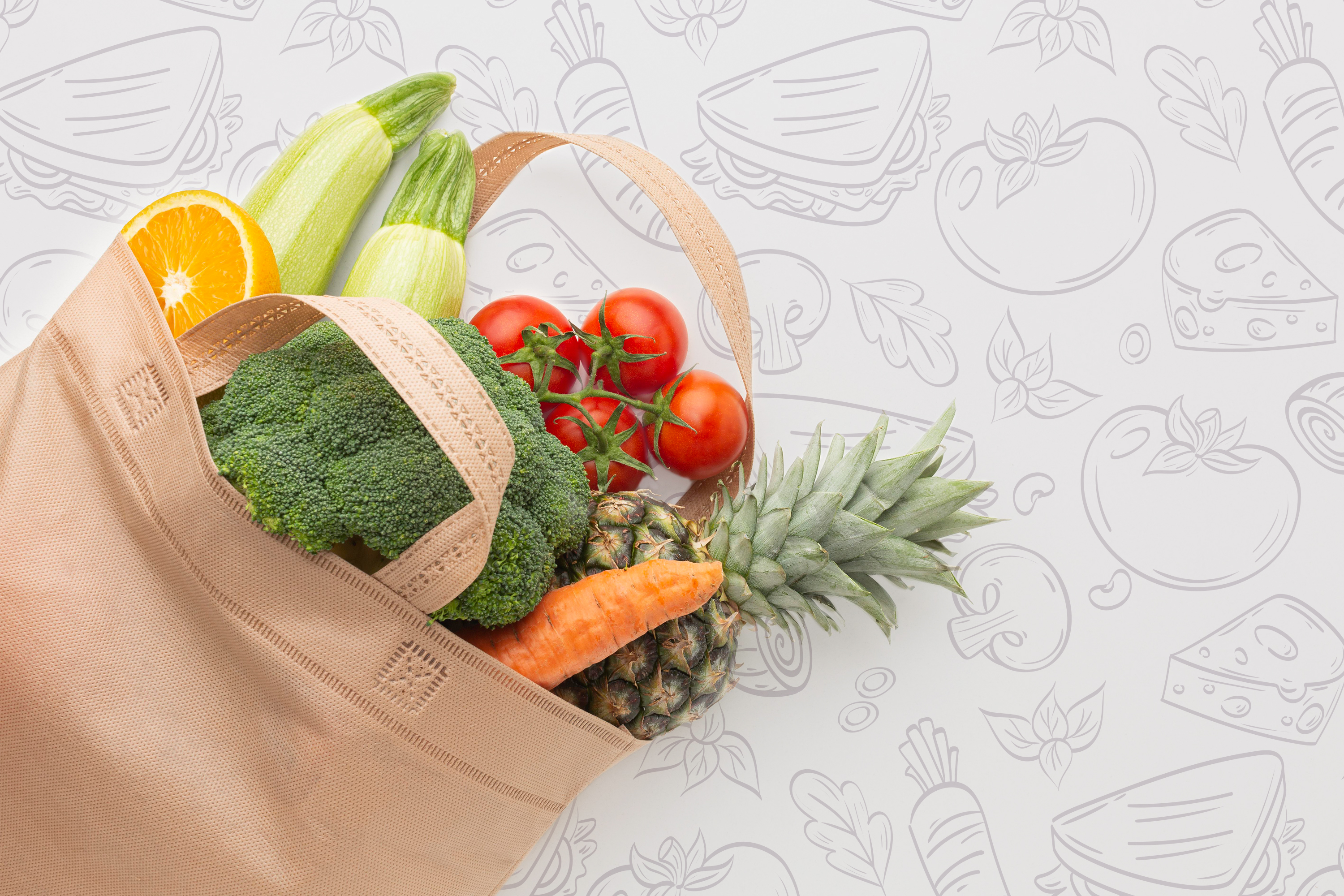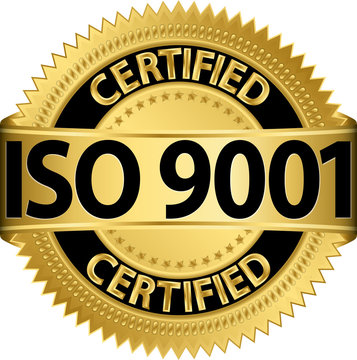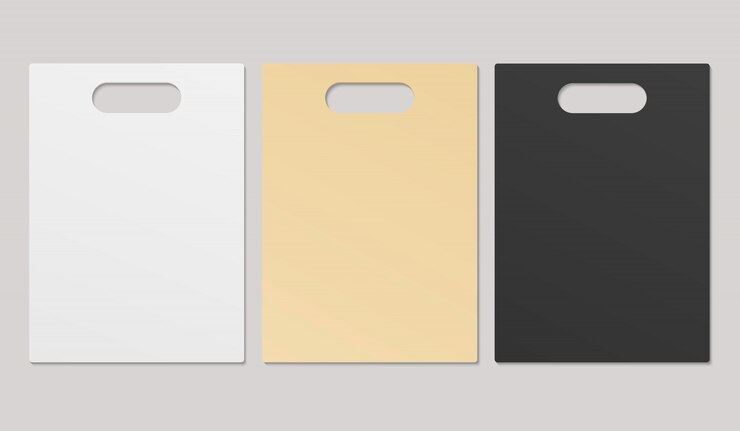Are You Using the Right Grocery Bag? Here’s What to Know

Grocery bags are more than just convenient carriers for your weekly haul. They can either help the planet or harm it, depending on what you choose. With rising awareness around sustainability, more people are asking: Am I using the right grocery bag? In this blog, we’ll guide you through the different types of bags available, their pros and cons, and why switching to biodegradable grocery bags or eco friendly grocery bags might be one of the smartest choices you make.
The Hidden Cost of Conventional Plastic Bags
Traditional plastic bags are still widely used due to their low cost and easy availability. But their real cost shows up in landfills, oceans, and natural habitats. These bags can take hundreds of years to decompose and release toxic microplastics along the way, polluting water sources and harming wildlife.
Many countries and states have now implemented partial or complete bans on plastic bags. This global shift urges us to rethink our habits and choose alternatives that align with environmental needs.
What Makes a Grocery Bag the "Right" One?
The right grocery bag isn’t just functional. It should also:
- Support your lifestyle: Easy to carry, reusable, and durable.
- Minimize environmental impact: Made from renewable or recyclable materials.
- Comply with local regulations: In areas with plastic bans, it should meet legal standards.
- Be biodegradable or reusable: So it doesn’t add to landfill waste.
Popular Grocery Bag Options and Their Impact
1. Single-Use Plastic Bags
Pros: Lightweight, cheap, waterproof.
Cons: Not biodegradable, contributes to pollution, often banned or taxed.
2. Paper Bags
Pros: Biodegradable, recyclable.
Cons: Weak when wet, consumes more water and energy in production.
3. Reusable Fabric Bags (Cotton, Jute, Canvas)
Pros: Durable, washable, long-lasting.
Cons: Higher initial cost, requires care, needs multiple uses to offset production impact.
4. Biodegradable Grocery Bags
Pros: Decompose naturally without harming the environment, look and feel like plastic, often made from cornstarch or plant-based materials.
Cons: May be costlier than plastic in the short term.
Why Biodegradable and Eco Friendly Grocery Bags Are Gaining Popularity
Environmental Benefits
Biodegradable grocery bags break down into non-toxic components over time, especially under composting conditions. Unlike regular plastic, they don’t release harmful residues or microplastics. They’re often made from renewable resources, making them a greener alternative.
Eco friendly grocery bags, whether biodegradable or reusable, help minimize the carbon footprint of your daily shopping. They reduce dependency on fossil fuels and encourage a more circular, waste-conscious economy.
Legal and Social Acceptance
As environmental policies tighten, using eco friendly grocery bags is becoming a necessity rather than a choice in many places. Consumers, too, prefer brands and stores that support eco-conscious values.
Branding and Reusability
Reusable bags are also an opportunity for branding. Many retailers print logos on durable eco friendly grocery bags, offering customers a stylish and functional keepsake while reducing waste.
How to Choose the Right Bag for You
Ask yourself:
- Do I shop frequently or in bulk?
- Am I willing to wash and maintain a fabric bag?
- Does my local area encourage biodegradable alternatives?
- Can I store reusable bags in my car, office, or handbag for convenience?
Based on your answers, you may find a blend of reusable and biodegradable grocery bags works best. Keep a few of each type on hand for different shopping needs.
Small Habit, Big Impact
Switching from plastic to eco friendly grocery bags might seem like a small change, but multiplied across millions of people, the environmental benefit is massive. Fewer plastic bags mean less marine pollution, cleaner public spaces, and reduced strain on waste management systems.
Final Thoughts
So, are you using the right grocery bag?
If your bag contributes to pollution, tears easily, or can’t be reused, it might be time to upgrade. With so many sustainable choices available, there’s no reason to stick with outdated options. Embrace biodegradable grocery bags or durable eco friendly grocery bags and become part of the movement toward a cleaner, greener world.
After all, the right grocery bag doesn’t just carry your goods—it carries your values too.
Note: IndiBlogHub features both user-submitted and editorial content. We do not verify third-party contributions. Read our Disclaimer and Privacy Policyfor details.







